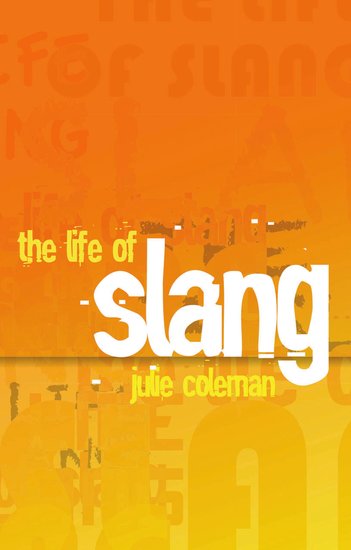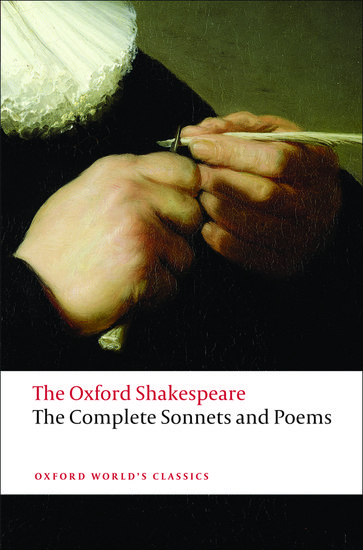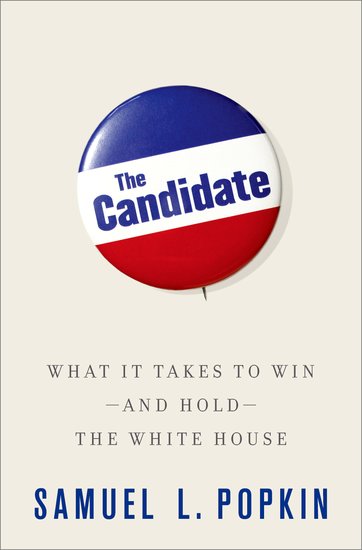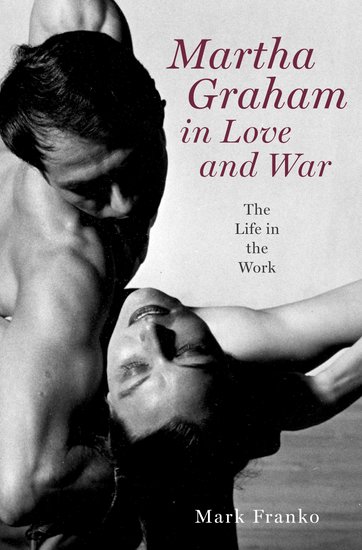New York’s “Dress Wars”
By Kal Raustiala
In the depths of the Great Depression, TIME magazine offered readers a glimpse at New York’s “Dress Wars.” Knockoffs, TIME wrote, were everywhere in the garment industry, and “dirty tricks” increasingly ubiquitous: “Among such tricks was the universal and highly developed practice of copying original styles. By the early Depression years it had gone so far that no exclusive model was sure to remain exclusive 24 hours; a dress exhibited in the morning at $60 would be duplicated at $25 before sunset and at lower prices later in the week.”









